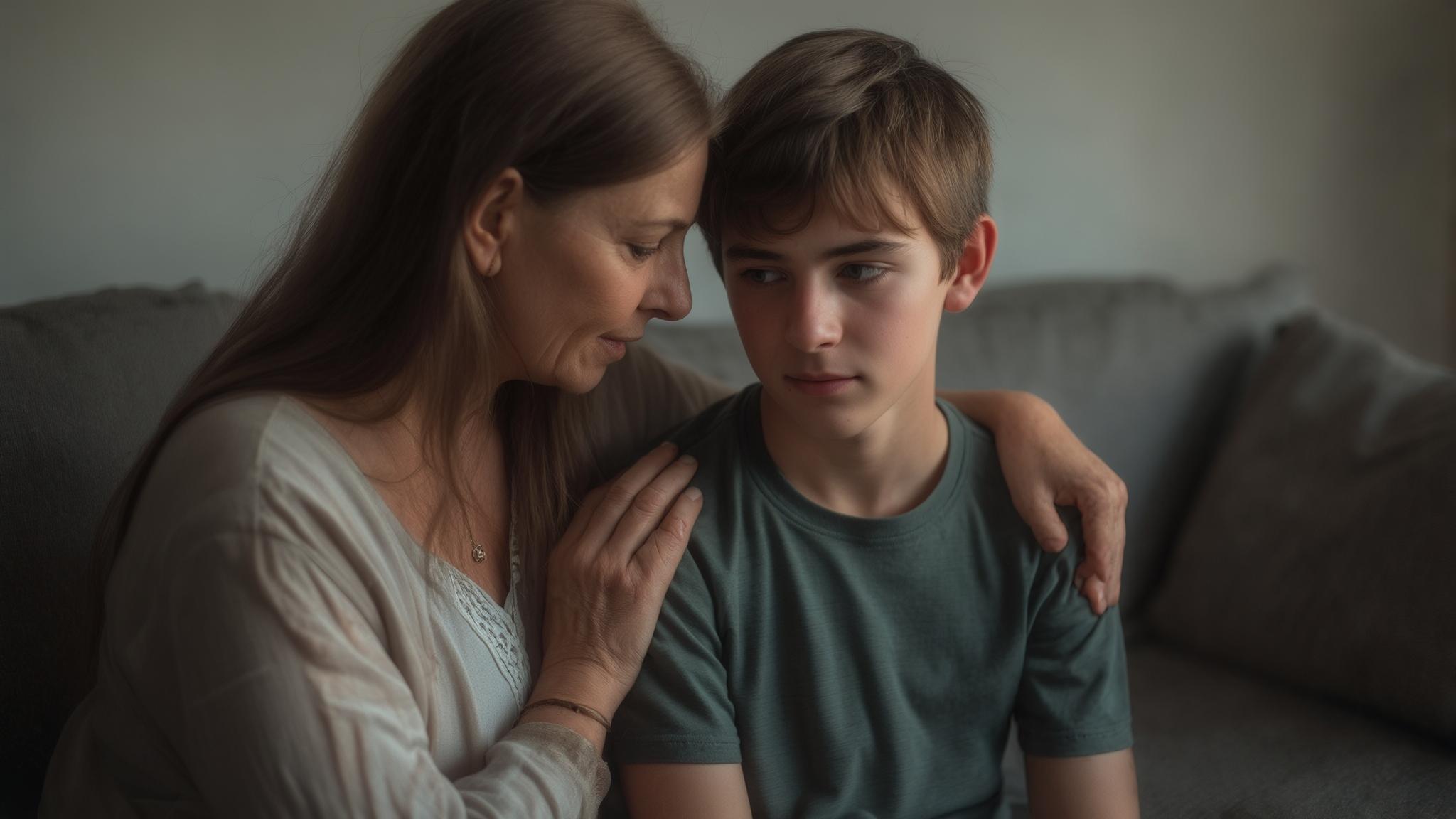I. Introduction
A. Hook: Imagine a couple, both weary from work, trying to navigate the turbulent teenage years with their child. They find themselves arguing over everything from screen time to curfews. The stress builds, and communication falters.
B. Importance of the Topic: Parenting teenagers is a unique challenge fraught with misunderstandings, stress, and changes that can put a strain on even the strongest relationships. Parents often find themselves at odds about how to raise their adolescent children, leading to frustration and disconnection.
C. Thesis Statement: Couples counseling, in this context, emerges as a vital resource for parents who seek to maintain their connection amid the whirlwind of raising teens, enhancing their communication and resolving conflicts effectively.
II. Understanding the Challenges of Parenting Teens
A. Developmental Changes: Adolescents experience significant physical, emotional, and social transformations during their teenage years. They seek independence while grappling with identity issues, bound to create friction at home.
B. Impact on Relationships: As parental roles shift and the dynamics within the household evolve, couples may experience misunderstandings, leading to heightened conflict and emotional distance.
C. Common Stressors:
- Differing parenting styles: Partners may have distinct approaches to discipline that can clash.
- Time constraints and busy schedules: The demands of work combined with teenage activities leave little room for couples to connect.
- Increased independence of teens: As teens assert their independence, parents might feel a loss of control or insecurity, straining their relationship further.
III. The Role of Couples Counseling
A. What is Couples Counseling?
- Definition and purpose: Couples counseling is a therapeutic process where partners work with a licensed therapist to address relationship issues and enhance their connection.
- Overview of the counseling process: This process typically involves identifying underlying issues, improving communication, and exploring conflict resolution strategies. B. Benefits of Couples Counseling for Parents:
- Improved communication skills: Couples learn how to express their thoughts and feelings more effectively.
- Conflict resolution strategies: Finding ways to address disagreements constructively leads to less tension.
- Strengthening emotional connection: Counseling helps rebuild intimacy and trust between partners.
- Shared parenting goals and strategies: Couples work together to create a cohesive parenting plan that respects both partners' perspectives.
IV. Key Topics Addressed in Couples Counseling for Parents of Teens
A. Communication:
- Techniques for effective communication: Learning to use “I” statements and avoiding blame during discussions can foster a healthier discourse.
-
Active listening exercises: Couples can practice ensuring they fully understand each other’s viewpoints before responding.
B. Conflict Resolution: - Identifying triggers and managing disagreements: Recognizing what incites conflict can help couples navigate discussions more mindfully.
-
Finding common ground in parenting decisions: Establishing shared goals helps reduce conflict.
C. Maintaining Connection: - Importance of quality time as a couple: Prioritizing time together helps couples maintain their bond amidst parenting responsibilities.
-
Strategies for intimacy and emotional support: Couples can learn ways to reconnect and support each other emotionally.
D. Co-Parenting Strategies: - Establishing a united front: Consistency is key for teens; couples must ensure they are aligned.
- Balancing discipline and support: Learning to navigate disciplinary decisions while providing emotional support is essential.
V. Practical Tips for Couples Navigating Parenting Teens
A. Regular Check-Ins: Designate specific times to openly share feelings and challenges, fostering ongoing communication.
B. Set Boundaries: Establish personal and family boundaries that safeguard the couple's relationship.
C. Prioritize Relationship: Create rituals or date nights that allow partners to reconnect as partners, separate from their roles as parents.
D. Seek Help When Needed: Being proactive about seeking counseling can make a difference when signs of stress appear in the relationship.
VI. Success Stories and Testimonials
A. Real-Life Examples: Couple A found their way back to understanding each other through counseling, reducing their conflicts around parenting. Couple B shared how they learned to communicate better, leading to enhanced emotional intimacy.
B. Expert Insights: “Maintaining a strong partnership during the challenging teenage years is crucial for family health,” says Dr. Smith, a licensed marriage therapist.
VII. Conclusion
A. Recap of Key Points: Couples counseling is an essential tool for parents looking to strengthen their relationship while navigating the complexities of parenting teens and maintaining communication.
B. Encouragement to Seek Help: Remember, reaching out for counseling is a proactive step towards a healthier relationship.
C. Call to Action: Explore local counseling options and take the first step in nurturing your partnership together.
VIII. Additional Resources
A. Books and Articles:
- "The 7 Principles for Making Marriage Work" by John Gottman
- "How to Talk So Teens Will Listen and Listen So Teens Will Talk" by Adele Faber and Elaine Mazlish
B. Websites and Hotlines: - American Association for Marriage and Family Therapy
- National Parent Helpline
IX. References
A. Citations:
- Blakemore, S.J., & Mills, K.L. (2014). Is adolescence a sensitive period for sociocultural processing? Annual Review of Psychology, 65, 187-207.
- Gottman, J.M., & Silver, N. (2015). "The Seven Principles for Making Marriage Work". New York: Crown Publishers.
X. Appendices
A. Worksheets or Exercises:
- Communication Skills Worksheet: A downloadable PDF for practicing effective communication.
- Conflict Resolution Framework: A guide for outlining shared parenting goals.

